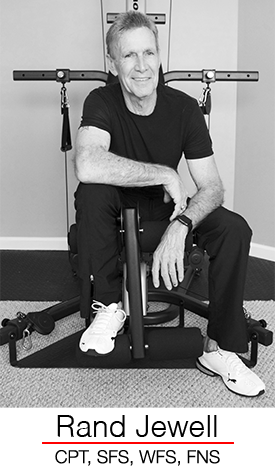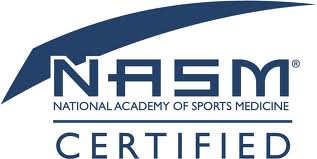I have to tell you, I'm pretty pumped. After 10 months of in-depth reading, study modules, and a 90 minute final examination, I've now added NASM Certified Fitness Nutrition Specialist to my resume. It's funny, as a health and fitness professional, I really thought I had a good working knowledge of nutrition. What I found out is that we actually only use and support bits and pieces of information without knowing the whole story.
The history of nutritional studies is storied with previous diseases, plagues, and the impact of essential nutrients, water, water soluble vitamins, fat soluble vitamins, major and trace minerals. Studies also include how all of these affect the digestive system, the importance of absorption, and the results of either levels of deficiency or toxicity on our overall health. The bottom line is a person who has a diet that includes the recommended levels of essential macronutrients (protein, carbohydrates, and lipids), fruits and vegetables, and the daily recommended value of vitamins and minerals will be satisfied. Of course, this does not include those with serious illness or preexisting medical conditions.
As you can see, just using bits and pieces of information could prove detrimental to your health. Which brings me to the point of my post. In general, our nutriental knoweledge is easly influenced by friends, family, marketing, and the latest media hype. Outside of family and friends, the other resources are just trying to sell you something without disclosing everything you need to know. Just take a look at the vitamin and supplement market today. It's a multi-million dollar marketing/media success. This is not to say they are all bad. Just make sure you do your due diligence and rely on the right resources. My money is on those resources that don't benefit monetarily, but through your good health and well being.
These are the resources I would consider reliable:
1. Your Doctor: There is really no one else who can better determine if you have any kind of vitamin or mineral deficiency.
2. Registered Dietician or Certified Nutrition Specialist: They deal in factual information, studies, and any input from your doctor.
3. Myplate.gov: (Click here to go to the site) This is a goverment sponsored site that provides recommended dietary intake, recommended daily values, nutrimental meal planning, exercise suggestions, daily food intake journals, and guides. This is just a small sample of the benefits available on this site.
4. Product Information Labels: This is government mandated information for all products and supplements. Pay close attention to the percent of daily recommended values.
5. Fooducate: I illustrated the impact of this smart phone app a couple of months ago
(click here to read), and after receiving my nutritional certification, I'm even more convinced this is a great resource. You will note their set standards are in line with all of the regulating goverment agencies.
Using these resources will keep it simple and put you in control of your healthier lifestyle needs. OK, I'm off my soap box now.
Until next time enjoy your workouts.








